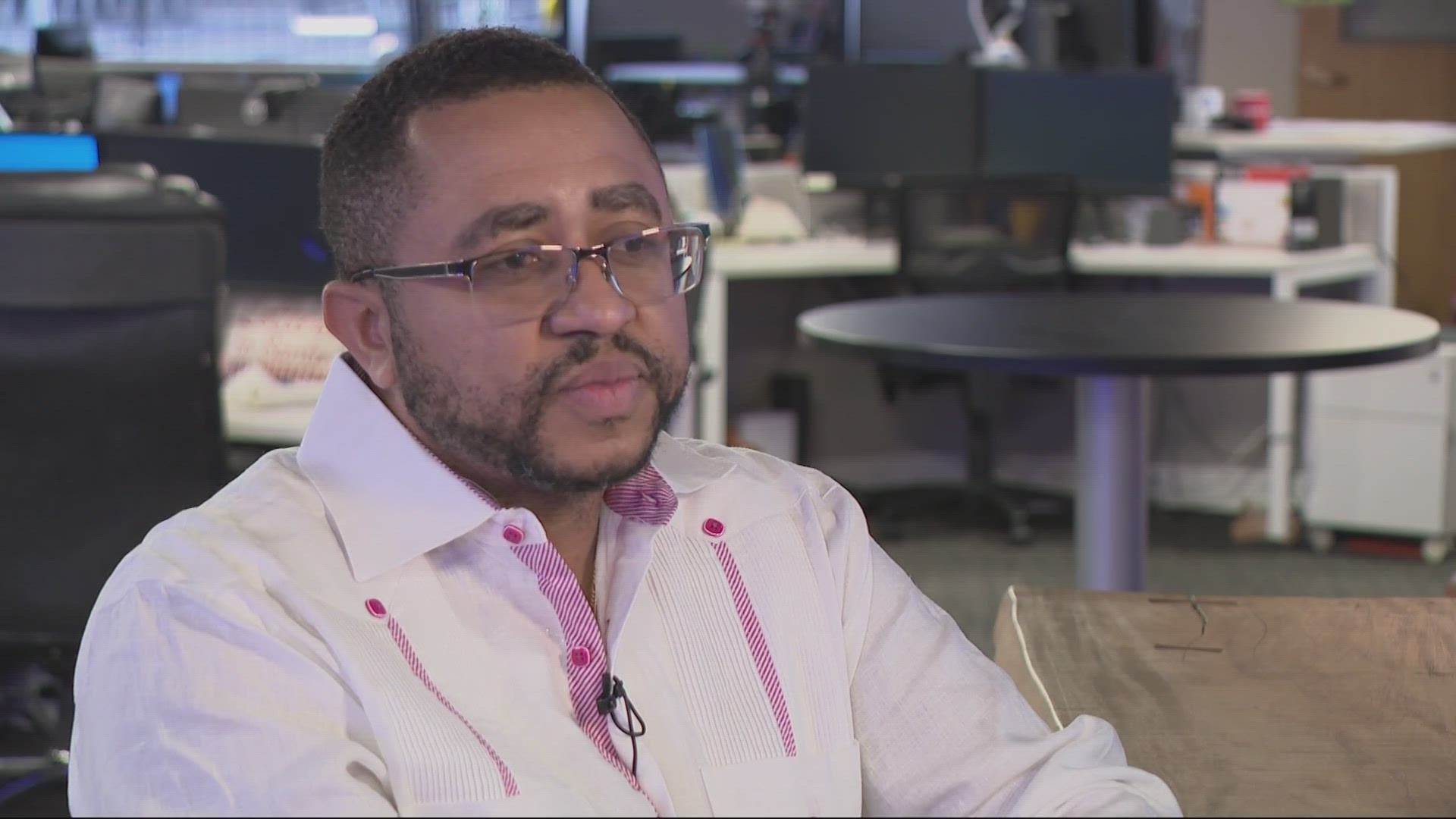PORT-AU-PRINCE, Haiti — Much of the current news about Haiti is focused on the recent gang violence set off by changes in government, but Portlander Marie Pierre-Paul, who grew up on the island, said this is a stark difference from what she experienced as a young girl.
“There is no government," said Pierre-Paul. "Nobody to stop the gangs, they can do whatever they want, and if you refuse, you're going to lose your life.”
Three years ago, when President Jovenel Moise was assassinated, Prime Minister Ariel Henry took over without an election. Protests started against Henry with waves of gang attacks, kidnappings and lootings, and when he announced elections would be pushed back again to 2025, armed groups decided to increase the violence. Now, Henry’s agreed to resign but only with a transitional council in place.
The United Nations reports that over 30,000 people have fled the capital, Port-Au-Prince, in just the past few weeks. Most were already forced out of their homes by gangs and living in camps or with family.
“One of my cousins died last year ... she got kidnapped," said Pierre-Paul. "She was only like, 31."
Mario Beauliere, who has lived in Portland for over 40 years, is a proud Haitian native. He said Haitian police have no chance against gangs carrying bigger and more advanced weaponry. Countries like Kenya, Benin, Chad, Jamaica, Barbados and the United States have offered to help the struggling police force gain control.
“I think President Biden doesn't want to send U.S police down there," said Beauliere. "If one of them dies down there, that’s going to make him look bad.”
The continued violence is sinking half the population; nearly 5 million people into acute food insecurity according to the U.N. With a young population, many Haitians are crossing the border into the Dominican Republic for food or work.
Right now, Kenya is leading the effort to restabilize Haiti, backed by the U.N. But some Haitians are skeptical other countries can halt an internal battle.
"But the international community is not going to be the one that fixes your problems," said Frenel Ostin, another Portland Haitian community leader. "It's them ... they need to get together, and then, life goes on.”

